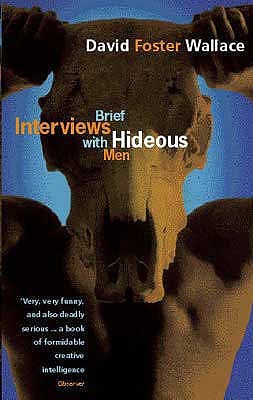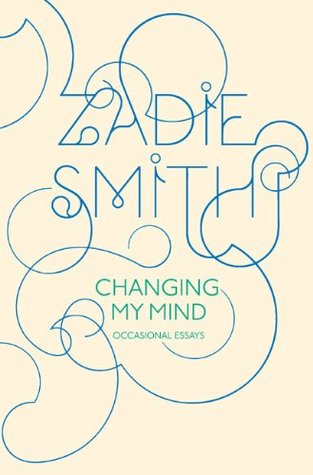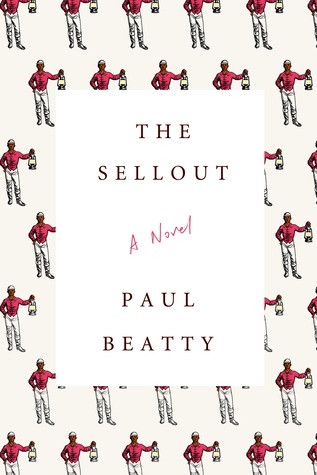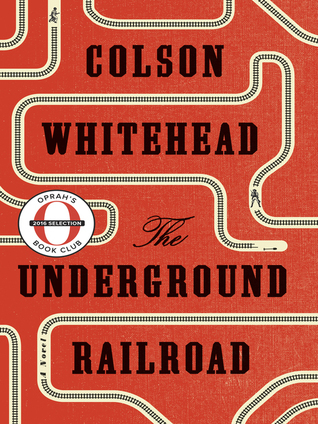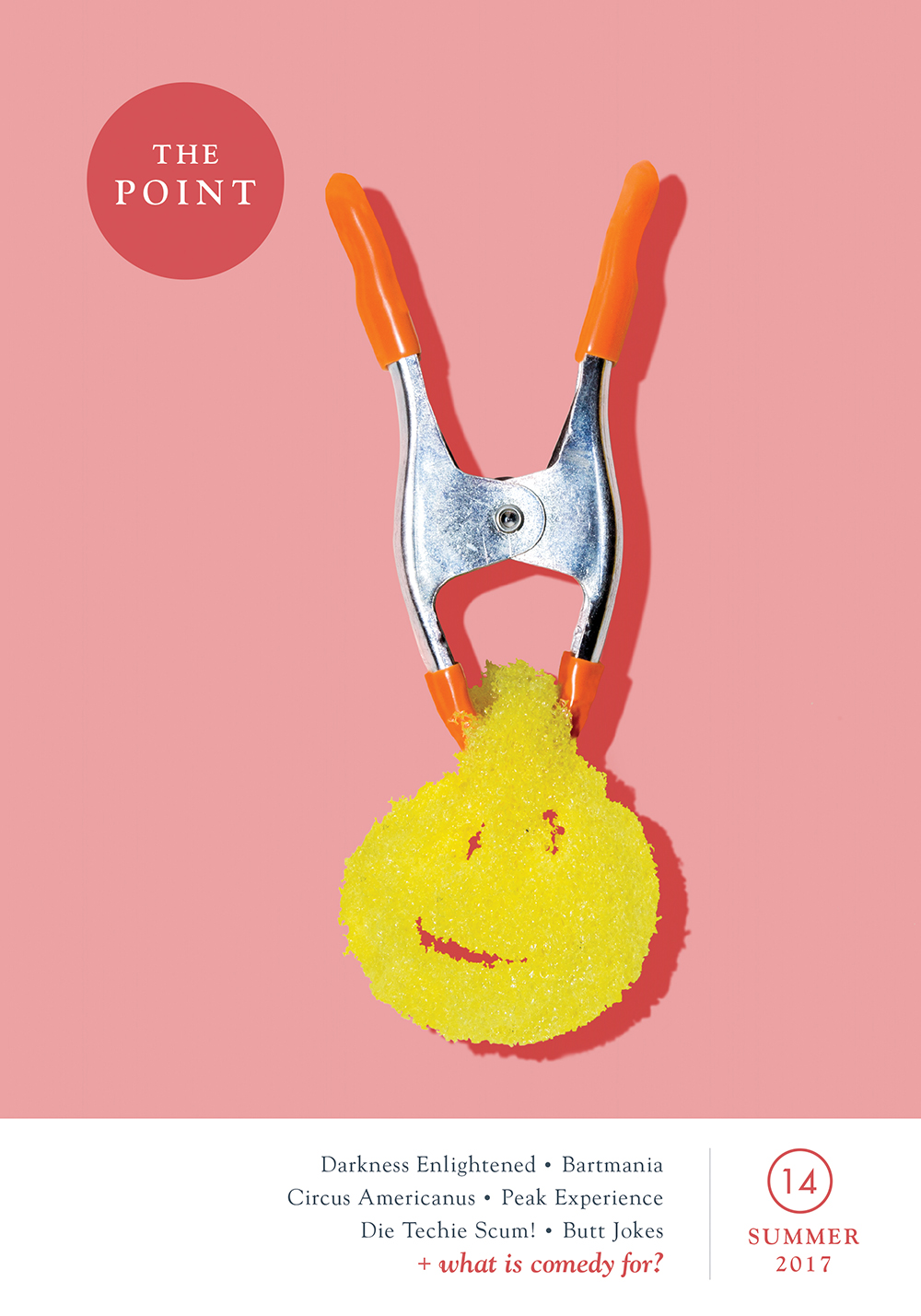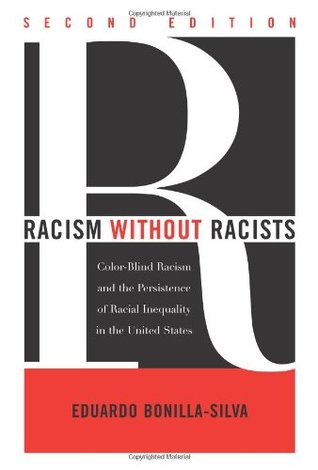« Back to blog :: January 3, 2018
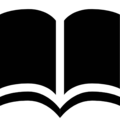
Somehow, in the midst of the political and ecological hellscape that was 2017, I managed to read over 200 books. (The exact number is debateable, for ontological reasons that will be eludicated shortly.) This achievement was mediated by the unyielding technological sadism of a Goodreads reading challenge, with its brutally effective reminders of how far behind I was at any given moment:
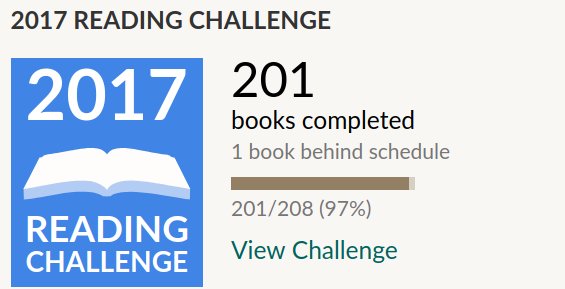
The experience of forcing myself to read so many books in 2017—after reading less than a third of that number in 2016 and barely any in 2015—turned out to be quite transformative. I changed a lot as a person (for the better, I think). What follows is a write-up of my journey: why I did this, how I did it, and what I learned. I’m hoping this retrospective this will encourage others to read more, or introduce them to books they wouldn’t have heard of otherwise.
For a more visual summary of my experience, check out My Year in Books which Goodreads has so kindly automatically generated for me. I’ve also broadly categorised my books (or at least most of them) by theme, which you can find at the end of this post. I’m happy to answer questions or give personal recommendations about any of these books, and I’ve written Goodreads reviews for a bunch of them as well (feel free to add me if we have similar tastes!).
Why I did this
I was a voracious reader as a kid, but my desire to read new books slowed to a trickle by the time I started university. Any potential book-reading time was spent writing code or reading ephemeral and mostly unmemorable content on Hacker News, Reddit, and Twitter. When I did read books, I would usually just re-read the same old favourites that I had first read as a teenager—like the Discworld series and Cryptonomicon. I contented myself with revisiting the well-thumbed pages of a treasured few, not realising how much I was missing out on.
I started reading books in earnest again in the latter half of 2016. The UK had voted to leave the EU, Trump was on the verge of being elected, and my vanilla liberal political views were starting to feel unsatisfactory. Plus, my full-time job—my startup—had reached a stasis, where I didn’t have to do much work to keep it running and furthermore didn’t see much point in trying to grow it. So I had lots of free time, but a dearth of things I wanted to do with it.
At the end of 2016, I realised I was sick of startups and decided to apply for a masters degree on inequality. Given that I hadn’t done a single social science course in uni, I figured I’d need to read a lot if I wanted to catch up. Around the same time, a friend re-introduced me to David Foster Wallace. I had read his cruise ship essay as a teenager and loved it (mostly in a fit of adolescent rebellion revolving around a family cruise trip that I was determined to avoid), but I hadn’t gotten around to reading anything else he had written until December 2016, when I read the entirety of A Supposedly Fun Thing I’ll Never Do Again and just fell in love with it.
On the brink of 2017, I had two main reading goals: 1) prepare myself for the degree; and 2) read everything by and about David Foster Wallace. I deliberately set a high reading goal for 2017 (at first 200, then 208 when I figured that 4/week would be easier to plan for) to force myself to stick with it.
How I did it
Let me start off by acknowledging that 200 is a ridiculously high number of books to read in a single year. I was lucky to have a lot of free time in 2017 (my masters program didn’t start until late September) as well as access to some excellent public and university libraries. I’ve seen some Goodreads challenges numbering in the high 200s, but those are quite rare, and I assume those who achieve them have envious lifestyles where they can spend most of their day reading. For the average person who works or studies full-time, being able to read (and actually appreciate) 200 average-length books in a single year is probably out of reach.
Even for someone with a lot of spare time, reading 200 books isn’t exactly easy to do. I’m not sure I achieved it either, depending on how you define a “book”. Anyone familiar with Goodhart’s law can probably guess what happened: the measure became a target. I definitely read some “books” (really: short stories and essays) simply because they were listed on Goodreads and I didn’t want to fall behind on my reading challenge, not because I actually wanted to read them.
What I learned
Would I do this again? I’m definitely not going to try and read 200 books in a year again, that’s for sure. 4 books a week is an absurd pace that threatened my sanity and compelled me to unfavorably alter my reading habits just to stay on track. I might do a smaller challenge for 2018 (50 or 100), just to keep myself accountable and make sure I don’t regress to my pre-book habits of watching frivolous TV shows and aimlessly browsing Twitter.
One thing I realised early in the year is that I was being introduced to a lot of new vocabulary and concepts at an incredibly rapid pace. If I wanted to actually remember what I was reading, I would need to find some way of taking notes, ideally digitally in order to facilitate searching/tagging. In typical software engineer fashion, I decided to build an app for this. It’s currently running at bookmarker.dellsystem.me (it’s kinda fragile—please don’t try to break it) and the code is on Github under an MIT license. It takes a lot of effort to keep it up-to-date, and I haven’t gotten around to filling in all my notes yet, but it’s so worth it. It’s helped me dramatically expand my vocabulary, and some of these new words are now so engrained in my consciousness that I can’t even remember a world without them. It’s also incredibly useful as a writing companion, as a means of storing quotes that I can cite in essays or use as inspiration when I’ve hit a block. If you wish you had something like Bookmarker for your own use, let me know because I am considering making it multi-user.
Overall, the reading challenge was a success, with some caveats. My biggest regrets come from the mechanics of the reading challenge itself: even beyond the incentives to read short books and eschew long ones, I constantly caved to a perverse “sunk cost” mentality where I felt like I had to finish any book that I made significant progress on, even if I didn’t really like it. I wasted a lot of time that way. On the other hand, without the challenge, I might not have gotten around to reading some truly lovely books that greatly influenced the way I think. I also started chipping away at my ignorance of several important fields (most notably political economy and literary theory). Still, though, I have a long way to go.
An incomplete attempt at categorising by theme
There was something really cathartic about the process of finding patterns in the books I’d read this year. Only in hindsight can I trace the threads of my personal book-led evolution: the year began with tentative and ultimately worthless forays as I didn’t really know what I was doing, but with time my taste solidified as I became more comfortable with the various fields and traditions. There were definitely lots of books that I regret reading, and I wish I could get that time back, but alas.
As you will see by the large David Foster Wallace grouping, I really got into his stuff this year. I even went to the annual David Foster Wallace conference in Illinois, which turned out to be such a wonderful experience that I plan to go again in 2018 (conference website built by yours truly!). Reading his work made me extremely envious of his writing ability, and so I started reading more contemporary literature and literary theory. At the same time, I was reading economics-type stuff in preparation for LSE, and the books I chose got more and more heterodox until I found myself firmly within the realm of critical theory, a field with which I was wholly unfamiliar and which nicely unified my two separate strands of reading. It’s hard for me to fully express how grateful I am to have discovered critical theory (and critiques of capitalism more broadly), and how much I’ve changed as a result. What I will say is that I started the year with only a hazy understanding of the term “neoliberalism” (I thought it was some kind of vague slur used to defame My Personal Hero, Hillary Clinton) and ended it having written multiple pieces for New Socialist on the perils of combining technological advances with a neoliberal outlook. The right books have a way of dramatically accelerating personal growth, if you only let them.
Below is a rough attempt at categorising what I’ve read, which I’ve compiled with the help of the Goodreads API. I’ve excluded some books that didn’t really fit in any category or that I’m just embarrassed to have read. Some books appear in multiple categories. I fully acknowledge that some of the groupings and categorisation choices are tenuous and do not plan to die on any of these hills.
Each book is linked to its page on Goodreads (if it exists) and is associated with a fairly reductive star-rating as well as a link to its page on Bookmarker, where my notes are stored (not all books have associated notes yet).



















